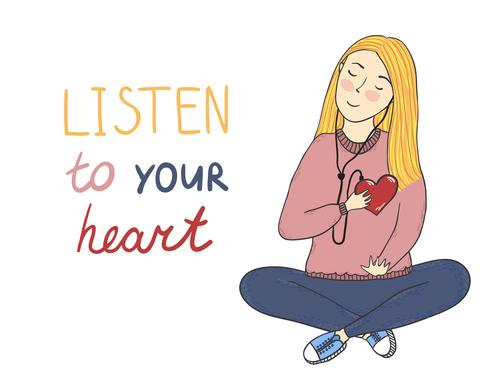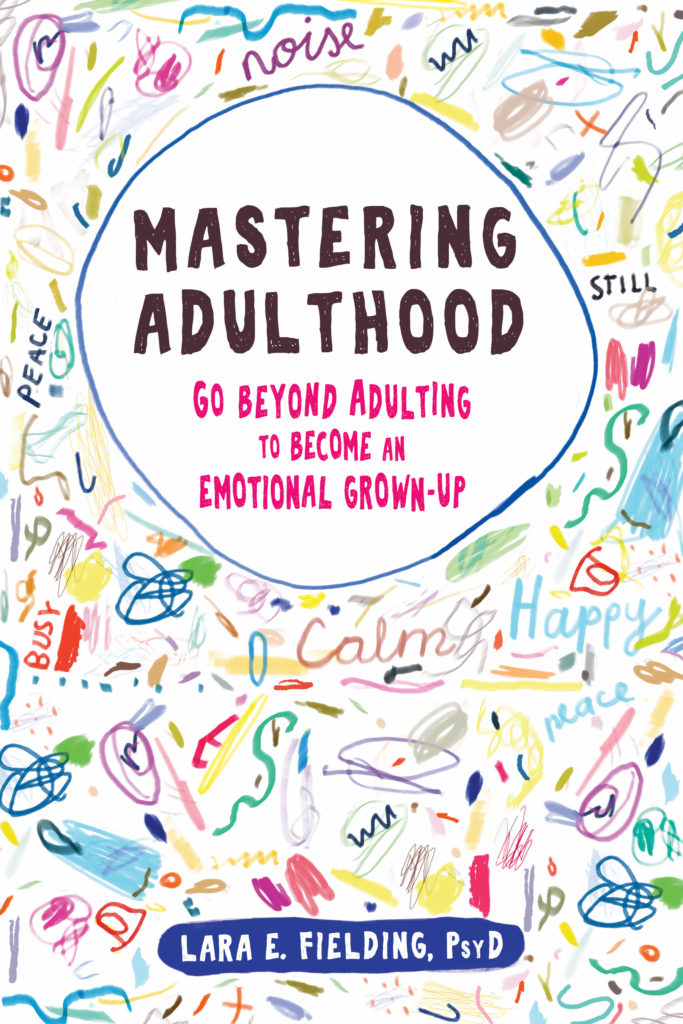What do you need?
Now that the holiday shopping is (mostly) finished, and we look to the New Year, perhaps it is a time when you may be selfish. . . in the best sense of the word! Building your self-awareness is the best gift you can give yourself, and ultimately to share with those you love.
The Gift of Self-Awareness
Before you can know what you need, you have to know how to listen to your needs. While we tend to believe we know ourselves pretty well, the skill of self-awareness is not always intuitive. Our true authentic needs often get buried under layers of encrusted patterns of beliefs and behavior, which have been shaped by our experiences.
The False Self
Psychoanalytic psychologists called this the development of a ‘False Self.” In an attempt to please and meet the needs of our parents, we develop patterns of engaging, which are largely unconscious. From a behaviorist lens, this makes sense. We do more of what is rewarded, and less of what is punished.
Ideally, our parents are attuned enough to our emotional expressions as indicative of our needs.
How Self-Awareness gets Programmed
It works like this. As an infant grows into a toddler he or she begins exploring the world, and naturally begins to have experiences of sadness, frustration, fear, anxiety, etc. In a well-matched parent child interaction, the primary care giver (usually mom) is able to read the facial expressions of the small child.
At the most basic level, mom is capable of noticing what is going on with the infant. She is not overly distracted, either by life or her own difficulties, nor overly invested in the child meeting her expectations.
Next, mom (or the primary caregiver) also mirrors a similar facial expression, with some additional affectation. When baby is sad, mom makes a sad (slightly exaggerated) face. Then she verbalizes in a kind and nurturing tone, words that label and validate the child’s experience.
For example, when the child cries, the caregiver would make a frown face and say something to the effect of “Ohhh, sweetheart. Are you sad? Yeah, that was really sad (or mad, or scary or whatever the situation calls for).”
This process teaches a child how to listen to her authentic needs. This is how we learn “Oh, okay, this is what “sad” feels like.” And, depending on the parents’ response, we develop beliefs or judgments about these experiences. When the parent is well attuned to us we learn, “Hey, I am still loveable, and acceptable when I feel this way.” The parent validates the child’s internal experience, and thus we internalize the ability to do this for ourselves as adults.
Giving the Gift of Self-Awareness to Yourself
When parenting was less than ideal, through no fault of parent or child, the gift we can give ourselves, is this type of attuned self-awareness. Dr. Dan Siegel has written extensively on how mindfulness practices can actually activate and rewire our brains to internalize this attuned process. With practice, we can override the autopilot programing of the ‘false self,’ and develop a more connected authentic self.
Turning attention inwards towards our present moment direct experience is not something we do very naturally. Like any skill, learning to attune to our self in a compassionate, non judgmental way, takes time and practice. This is the essence of Mindfulness.
The Practice
Right now, as you read these words, can you pause? Move your attention inward. Ask yourself, what am I experiencing in my body right now? Listen for areas of tension.
In mindfulness practice, we always begin in the body, because physical experience is primal. The body comes before our thinking minds (which are programmed by past experience), and informs us directly of our needs.
Our bodies are where emotions reside. When we practice this simple movement of attention inward, we begin the fundamental process of listening to ourselves. Did you notice when you did so, that your experience changed a bit?
Did you notice thoughts (judgments or opinions) or emotions emerge when you shifted your attention inward in this way? Can you be like a caring parent for yourself and simply attend to your experience in a loving and non-judgmental way? “Ah, yes, I see that I am feeling this way.”
This is the gift you can give yourself this holiday: to practice listening to your authentic self. Reflecting on experience, and validating the pain, the needs, the desires, is how we build self-awareness. With this skill in place we may more effectively begin to pursue fulfilling those needs, or at minimum honoring the lack of fulfillment with compassion.
At the end of the day, we cannot give what we do not have. Building the skill of compassionate self awareness is the first step in building more authentic and connected relationships with others. Just as the philosophers have proposed that being altruistic is ultimately always selfish, perhaps sometimes being selfish is ultimately altruistic!
If you would like to receive updates to guide your self-exploration, knowledge, and skills, subscribe to the Mindful-Mastery blog RSS feed. Or follow me on Facebook, Twitter, or Instagram!


